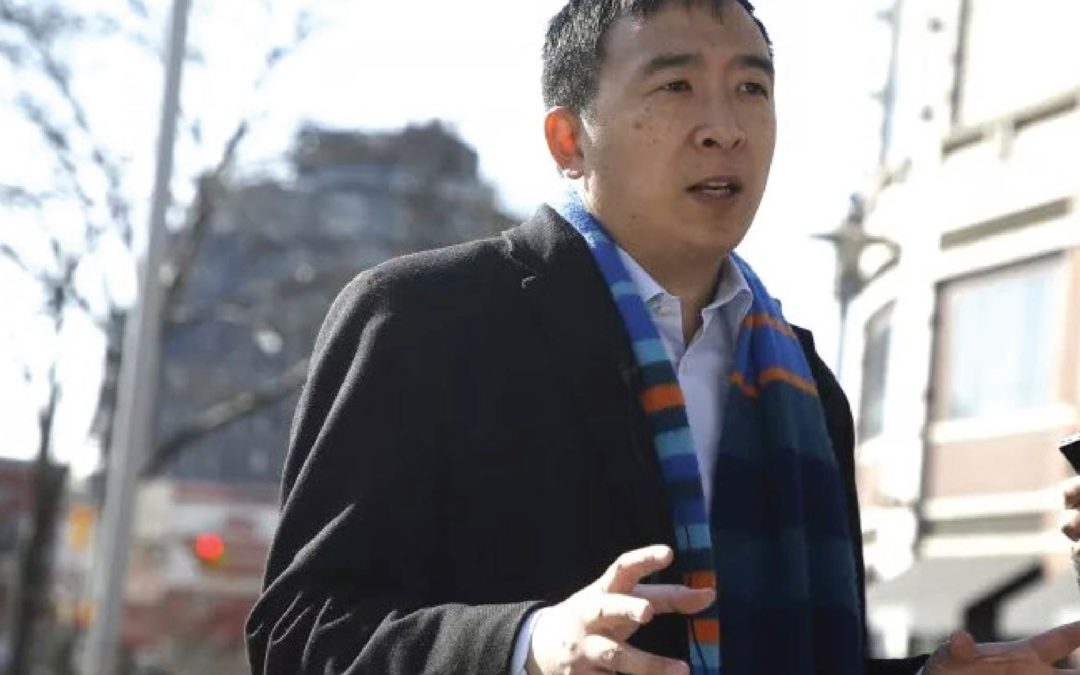This article was originally published on Newsweek.
For many years, the fear of upcoming mass unemployment due to artificial intelligence and automation has spurred conversations about the future of work and inspired advocacy for a universal basic income (UBI). After subsiding for a while and becoming just a talking point associated with Andrew Yang‘s presidential campaign, interest in UBI has revived amid the COVID-19 pandemic.
To UBI proponents, the high levels of unemployment and economic uncertainty associated with the pandemic demonstrate the need for the government to play a larger role in people’s lives. But while UBI may sound attractive to many during challenging times because it promises some level of financial security, it is important to consider ways that it fails to support—and could ultimately undermine—human flourishing. A universal basic income would make it harder for recipients to develop a sense of meaning in life and to accumulate forms of human capital that promote self-sufficiency and economic growth.



